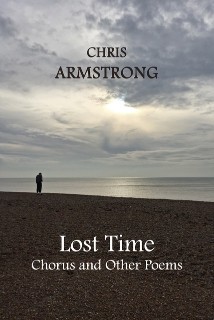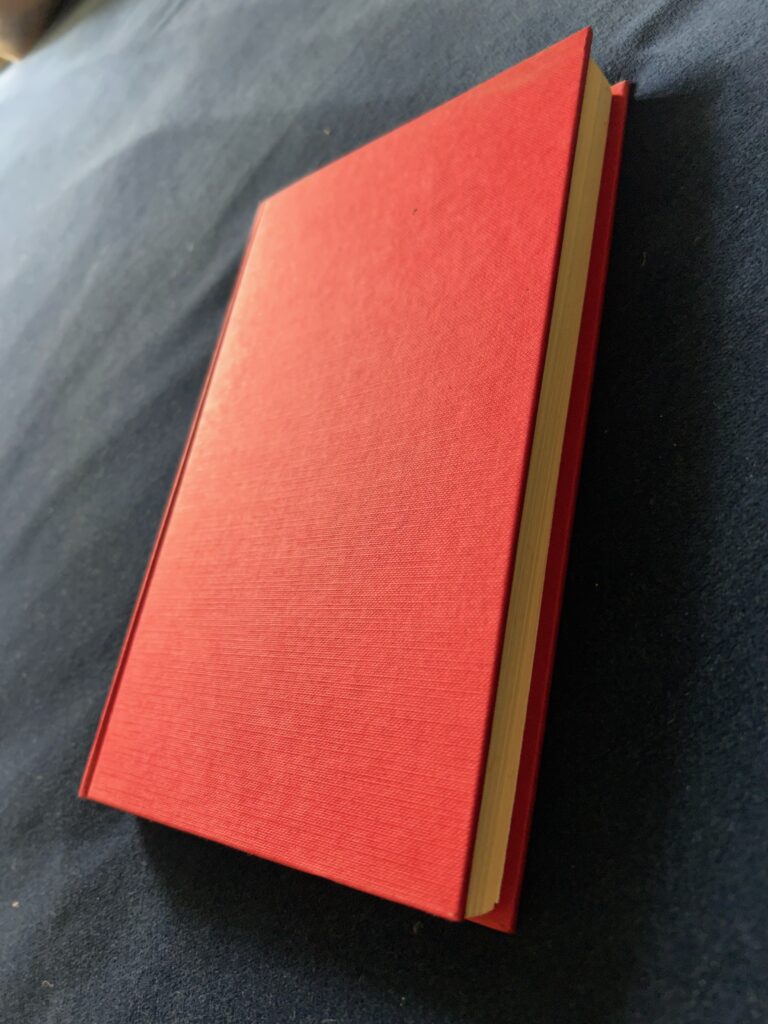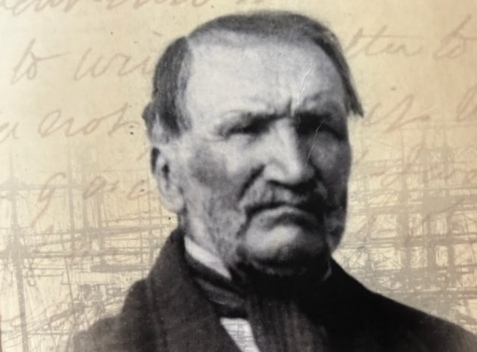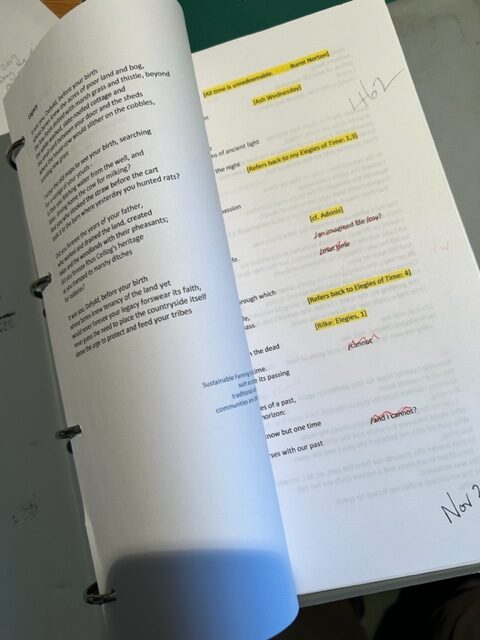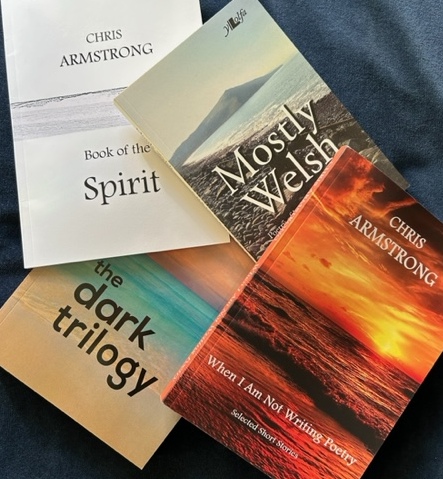
I shall be at the Ceredigion Art & Craft Trail event at Aberystwyth Bandstand in person on Sunday 4th May and shall be happy to talk about my writing or sign copies of the following books:
Mostly Welsh: Poems of landscape, love and loss – my first collection is rooted in the Anglo-Welsh tradition, offering something for everyone as they read of the landscapes where I live and of his life. There are powerful poems dealing with love and loss, time and memory, and emotion. One reviewer said “these poems have a directness, honesty and crispness of diction which enables the poet to communicate the most raw of experiences with a degree of sureness, restraint and power.”
Book of the Spirit: this slim collection of poems rooted in the mythologies of religion, church, synagogue and the Zen Buddhist temple or monastery, as well as the Graeco-Roman gods and muses, blends theologies around a single belief system, a religion centred on love. The collection speaks from – and for – the spirit of the modern world. It is the voice of our deepest, most primal faith.
Lost Time: Chorus and Other Poems, brings together a collection of poems written during the last two to three years. There are poems that relate to Place, the Sea (if not the sea, then the horizon! The sea is always there for me), Writing, Memories and Time… and a few poems brought about by Covid and lockdown found their way in at the beginning.
The Dark Trilogy is fictional autobiography based on one of the longest poems in Mostly Welsh. It blends fact and fiction to create a complex story with many strands… a story of the sea, a story of passionate love, a story about a poet.
When I Am Not Writing Poetry: Selected Short Stories was written during the latter half of 2020 while I was locked down in front of my computer during Covid! And there are only so many poems a man can write!
Hope to see you there!

